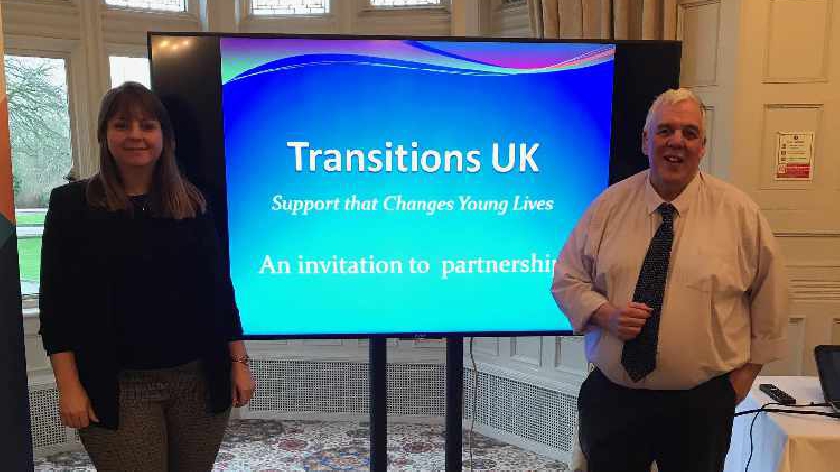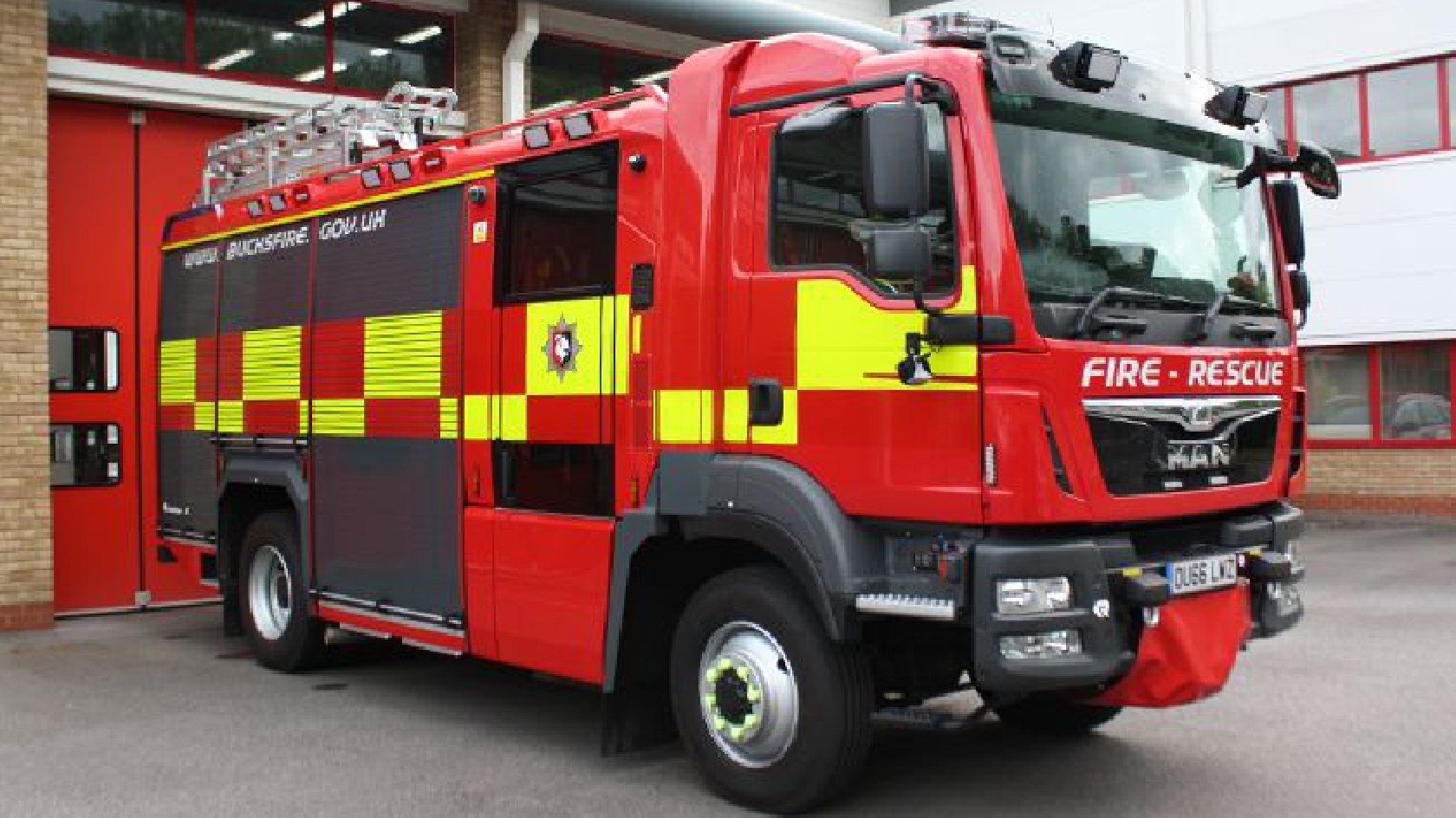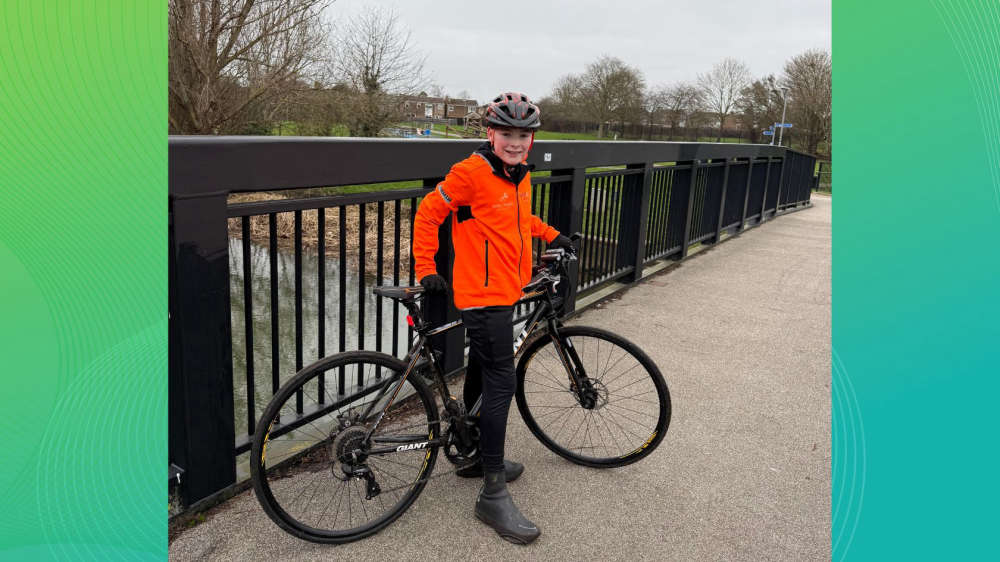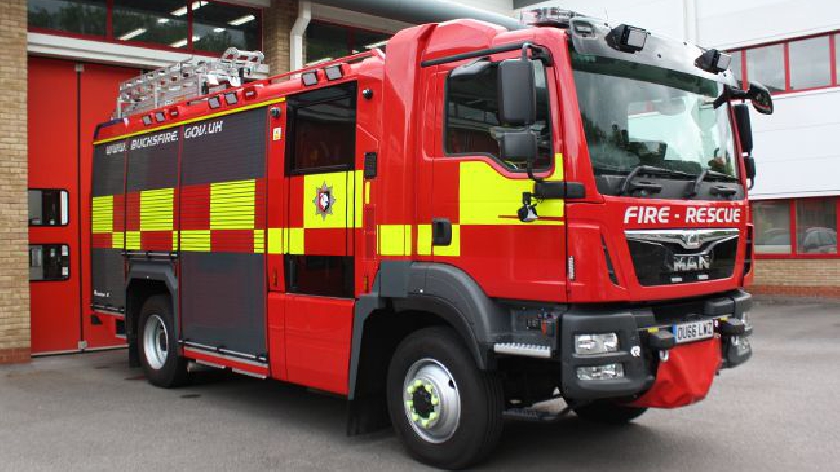
In Milton Keynes, 30% of young people leaving care will not enter employment, or further education.
Transitions UK recently gave a presentation to MK Business Leaders the work of their new charity.
The presentation is outlined below:
"Over the last two decades, the number of young people entering the care system has risen significantly. Several household issues, such as poverty and substance abuse, exacerbated by cuts to local services across the country, are linked to this rise.* In Milton Keynes alone, for every 1,000 children, 3.8 are in care.** Over 250 will leave the local care system over the next two years and many will do so without adequate support.
According to national statistics, by the age of 19, almost 90% of these young people will have left care – but what happens to them? This so called ‘lost generation’ are, according to charity Transitions UK, 75% less likely to enter higher education, compared to young people not in care, and 13% more likely to have a criminal record. Within youth offending institutions, 60% of females and 35% of males have come from a care background.
In Milton Keynes, 30% of young people leaving care will not enter employment, or further education.
“These figures are massively disproportionate. Put simply, these vulnerable young people do not have the support to make an effective transition from care to the outside world.” Explained Ron Overton, Founder and CEO of charity Transitions UK, at a recent Milton Keynes Business Leaders Partnership breakfast meeting at Bletchley Park.
Established in Luton in 2014, in a bid to meet the needs of these young people, Transitions UK put its roots into Milton Keynes in October 2018. Supported by Mk Council’s Corporate Parenting, with financial backing from a number of Trusts, including Lloyds Bank Foundation, the Peter Harrison Foundation and the Ashridge and Geoff Herrington Foundations, Transitions UK are already making a major contribution to in supporting 25 of those most in need and leaving care by providing a dedicated mentoring support framework.
“Our aim is to provide a support network which mirrors good parenting. Mentoring support teams are specifically created for each young person to meet their specific needs.” Vanessa Leroux, Project Manager at Transitions UK, commented. “We ask that mentors make a commitment of about 18 months to provide the young person with consistent support.”
While there is a very clear need for the provision, Transitions UK is unique in its offering : its models and approaches have been commended by Children In Need as providing a distinctive contribution.
“There are huge gaps in provisions available to young people leaving care across the UK. Many of our young people are left to find their own way into the community and working world, with no parental support behind them. That leaves them very vulnerable and with significant disadvantages. Those who may have made mistakes, formed poor relationships and acquired criminal records at a young age realise that this will blight them throughout their lives; often, with nobody to guide them onto the right path, they believe that if they can’t succeed within the system, they will try and succeed outside of it.
As a society we need to help our young people make an effective transition, through higher education, employment and socialisation so that they can become positive members of the community and express their talents.”
Under four dedicated projects, Attain, Aspire, Achieve and Affirm, Transitions UK works with young people across a range of need; those with learning disabilities, those at risk of criminal exploitation or offending; those with emotional and mental health needs, as well as those leaving care, to provide an intensive and comprehensive level of support, from life planning and budgeting skills to courses and activities.
In order for the charity to develop, and for the Attain Project to support more than just 10% of care leavers in Milton Keynes, Transitions UK is seeking community-minded businesses to partner with them. Whether through mentoring, offering work experience, participating in fund raising activities, or by becoming a member through the charity’s funding schemes, such as the 100 Club."















